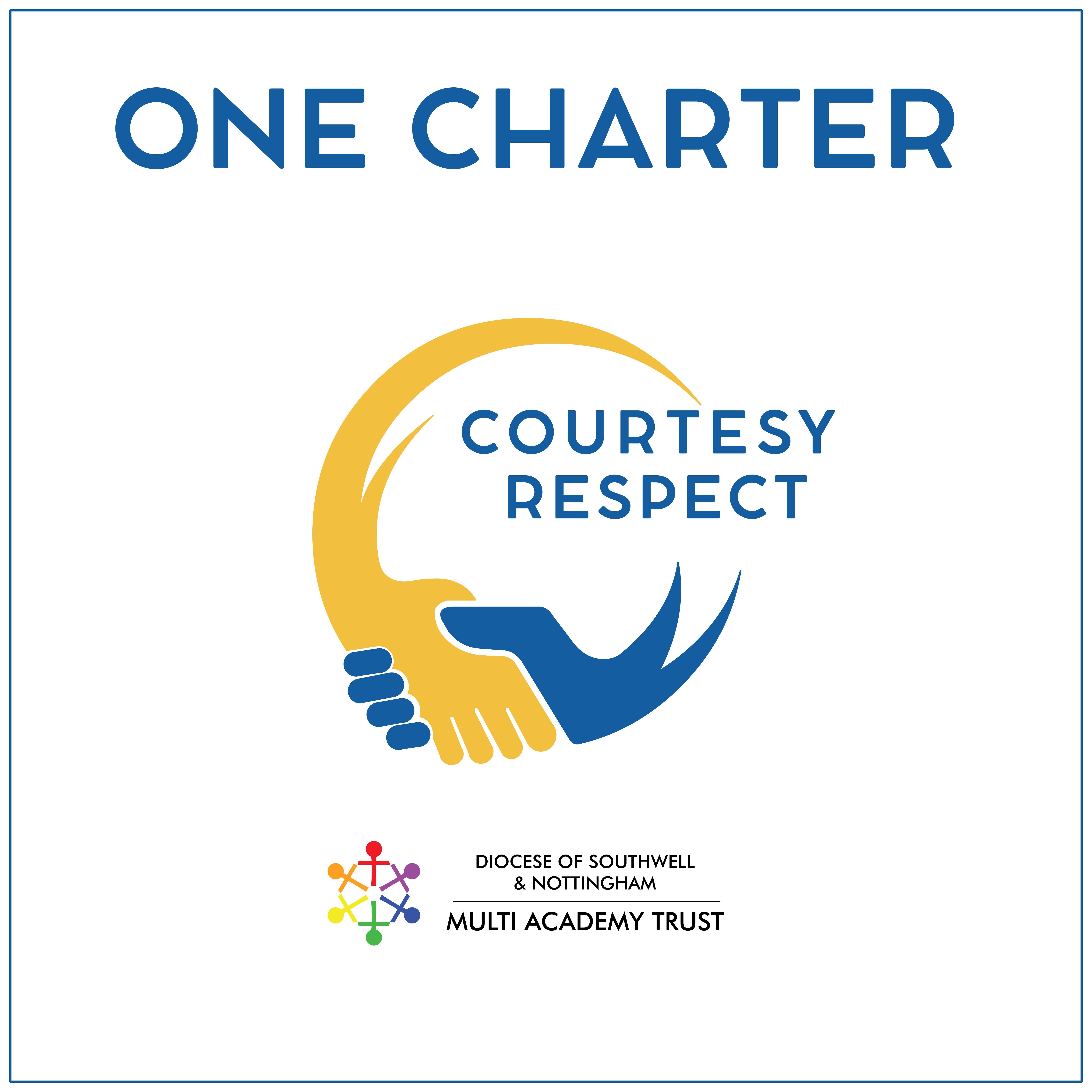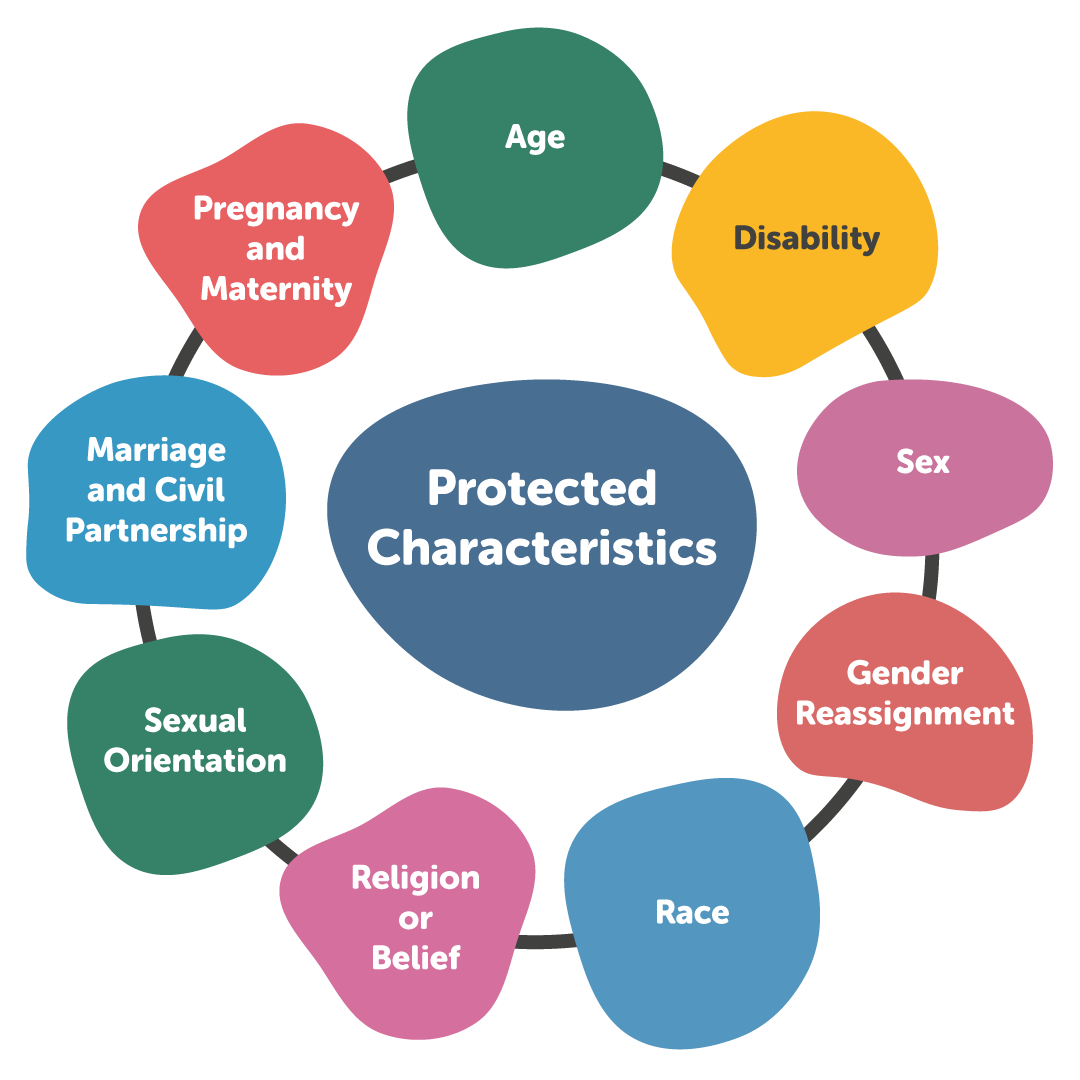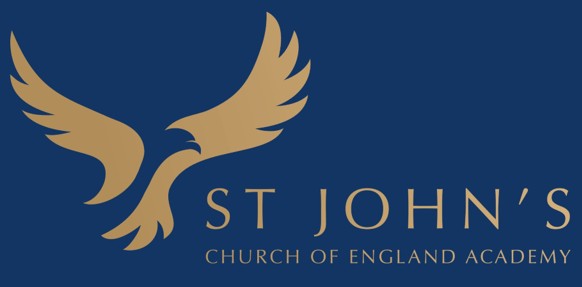Equality and Diversity


Our vision of a fair and just society
We are creating an inclusive community where:
- People are treated with dignity and respect
- Inequalities are challenged
- We anticipate, and respond positively to, different needs and circumstances so that everyone can achieve their potential
- Our equality and diversity principles are implemented
We value diversity and we recognise that different people bring different perspectives, ideas, knowledge and culture, and that this difference brings great strength.
We believe that discrimination or exclusion based on individual characteristics and circumstances, such as age; disability; caring or dependency responsibilities; gender or gender identity; marriage and civil partnership status; political opinion; pregnancy and maternity; race, colour, caste, nationality, ethnic or national origin; religion or belief; sexual orientation; socio-economic background; trade union membership status or other distinctions, represents a waste of talent and a denial of opportunity for self-fulfilment.
We recognise that patterns of under-representation and differences in outcomes at SNMAT can be challenged through positive action programmes.
We respect the rights of individuals, including the right to hold different views and beliefs. We will not allow these differences to be manifested in a way that is hostile or degrading to others.
We expect commitment and involvement from all our staff, students, partners and providers of goods and services in working towards the achievement of our vision.
Equality Objectives 2025-26
Objective 1:
To design and implement a curriculum that closes the gender gap specifically in relation to oral language, reading, and writing.
Why we have chosen this objective:
Girls generally outperform boys in EYFS and KS1, particularly in oral and written language skills. This gap impacts boys’ attainment, behaviour, and social interactions, which is a current strategic priority.
To achieve this objective we plan to:
- Further enhance phonics teaching through ongoing CPD and research into a new, evidence-based phonics scheme.
- Prioritise reading and writing development in line with the 2025-26 SIP, with a focus on Year 4 writing outcomes (FFT 20).
- Implement targeted, evidence-based interventions tailored to boys’ learning styles, including more outdoor literacy opportunities and active learning strategies.
- Regularly monitor boys’ progress in literacy and behaviour, using data to inform timely interventions.
- Engage with external expertise where appropriate to support boys’ attainment and social development.
Objective 2:
To narrow the attainment and progress gap between pupils entitled to Pupil Premium (PP) and those who are not, across all areas.
Why we have chosen this objective:
Outcomes for PP pupils remain variable, with numbers achieving expected and higher levels too low. The PP cohort has increased post-pandemic, requiring renewed focus.
To achieve this objective we plan to:
- Continue to develop phonics and reading provision through targeted CPD and curriculum enhancements.
- Prioritise targeted interventions for PP pupils, informed by EEF research on effective strategies.
- Strengthen partnerships with families of PP pupils to support learning and wellbeing, including regular communication and workshops.
- Use rigorous progress monitoring to identify and address gaps swiftly.
- Ensure enrichment opportunities are inclusive and accessible to all PP pupils to support wider development (linked to Priority 4).
Objective 3:
To ensure the curriculum explicitly celebrates diversity and promotes understanding of difference.
Why we have chosen this objective:
The school serves a predominantly White British community with a small minority of pupils from ethnic backgrounds and EAL learners. It is important to foster appreciation of diversity within a Christian values framework.
To achieve this objective we plan to:
- Embed teaching of school values rooted in the biblical quote John 13:34-35, emphasising love and respect for all.
- Maintain daily collective worship with a focus on values and inclusive language.
- Continue embedding the PSHE scheme ‘Talking Points’ to facilitate discussions on diversity, challenge stereotypes, and promote empathy.
- Enhance RE curriculum and visits (e.g., synagogue, church) to deepen understanding of different faiths and cultures.
- Invite visitors and run enrichment activities that support cultural awareness and social mobility.
- Develop long-term curriculum planning that builds from pupils’ own experiences to wider community and global contexts, including local heritage projects like mining history and future career opportunities.

